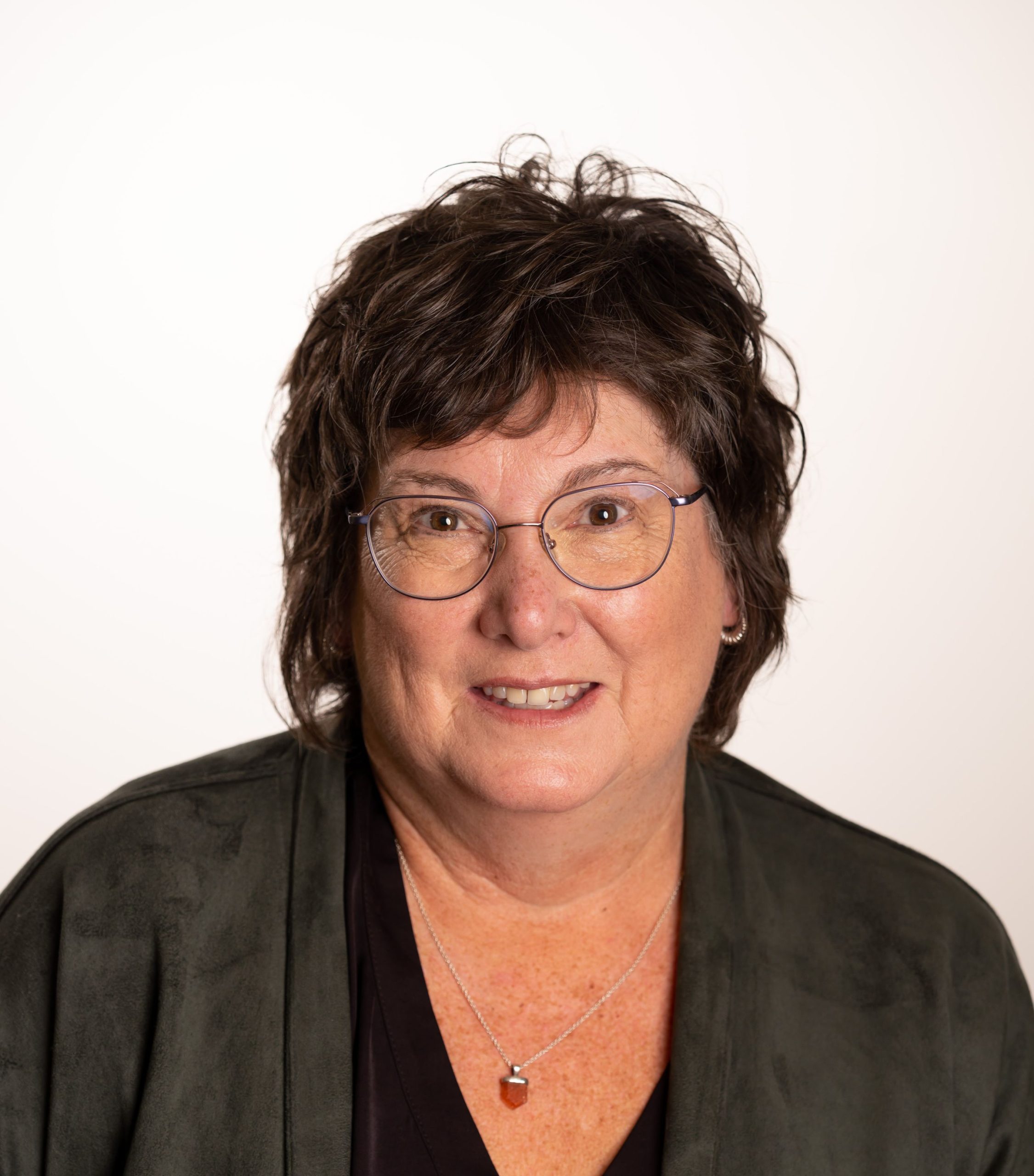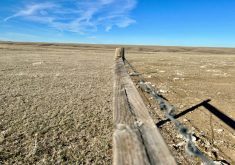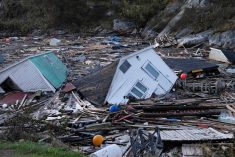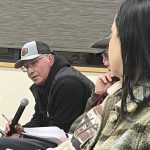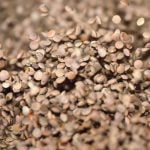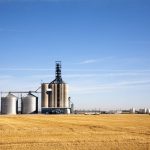We’re going out on a limb here to say the farmers featured in this week’s front-page story are courageous, not because they survived their harrowing ordeal, but because they are talking about it.
The father and son duo made a mistake that could have ended tragically. Joel Dewitz admits to feeling pretty sheepish about the risks they took that day in July when they entered a grain bag while a grain vac was operating. “I thought if maybe one person would happen to read the article and not do the same stupid thing we did it would be worth it,” he said of his decision to tell reporters about their close call with suffocation.
Read Also
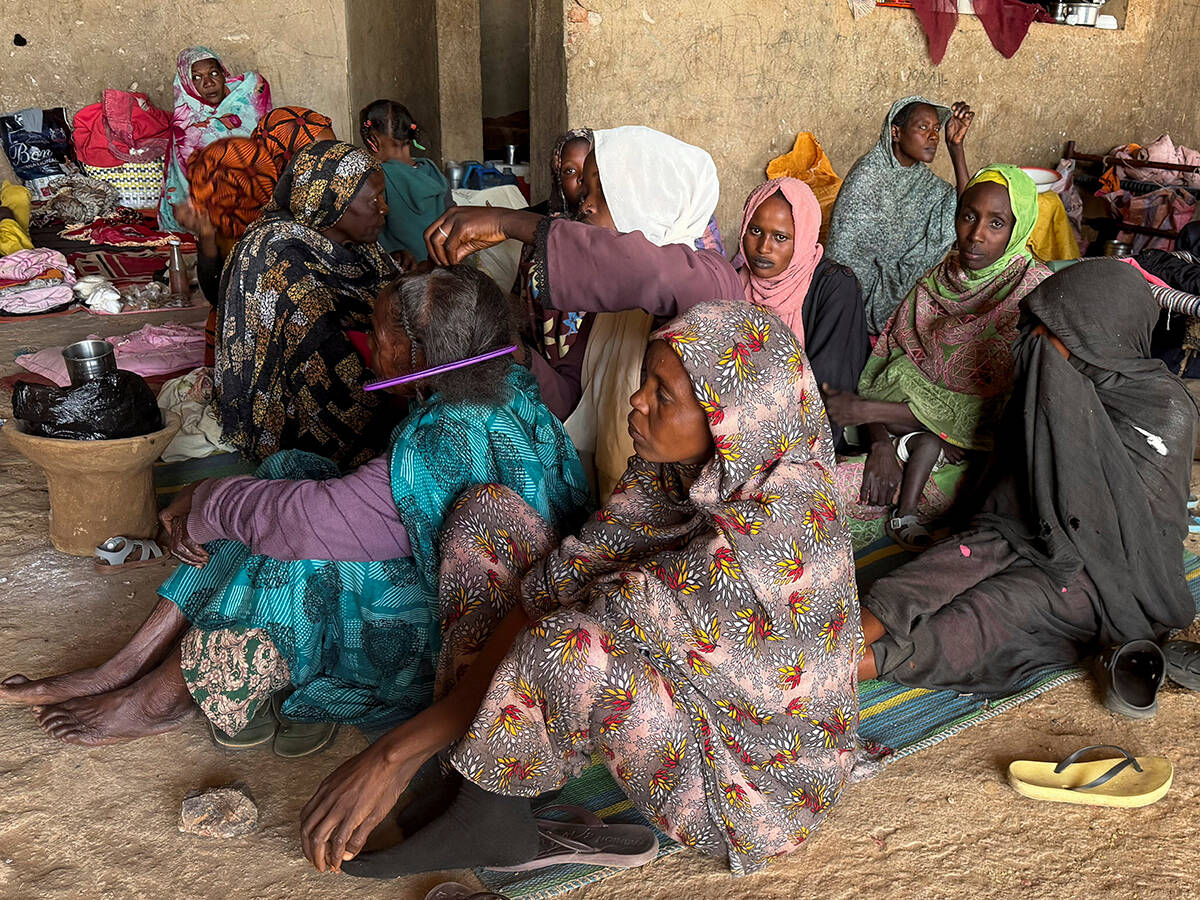
Global humanitarian aid slashed by one-third
Humanitarian aid around the world was cut by a third in 2025 and Canada is one of the culprits.
It’s easy to look on from the outside and say, “they should have known better,” than to crawl into what amounts to a big plastic bag with a vacuum hose sucking material out from one end.
But in their defence, grain bags are still relatively new on Prairie farms. A combination of big crops, sluggish transportation systems and the rising cost of building permanent storage means more farmers across the Northern Great Plains are starting to use them more frequently.
Working with different technology is nothing new for farmers. Historically, they have always been on the front lines of innovation, rapidly recognizing the potential benefits and moving quickly to capture them.
But perhaps they aren’t as quick to anticipate potential hazards. Grain bags appear benign. They aren’t going to collapse on someone like a building might. You can’t fall into one or fall off of one like you can with a grain bin.
Even when forewarned about the potential hazards, risky choices are routinely made in the name of expediency.
The lucky ones, like the Dewitzs, live to learn from them. They now say they would use better bracing and station someone on the outside ready to shut down the equipment if things go awry. North Dakota Extension advisers recommend against entering a grain bag when using a grain vac under any circumstances because of the suffocation hazard.
When mistakes happen on your farm, don’t be afraid to talk about them. It’s important to share such “learning experiences” with families, friends and neighbours. Because, while mistakes will happen for as long as we are human, accidents don’t have to be the result.
Migrants or refugees?
Two little boys and their mother drowned last week trying to escape their wartorn homeland.
They are among thousands who have died under similar circumstances this year. But the unforgettable image of a Syrian toddler’s lifeless body washed ashore on a European beach has caught the world’s attention.
We’ve watched news reports for weeks about the so-called “migrant” crisis in Europe as tens of thousands of desperate people push their way through borders in search of a country that will accept them.
Describing them as “migrants” is an interesting choice of words and it has done much to frame the debate over what to do about them, and with them. Some countries would simply like to turn them away. Here in Canada, we are pretty good at pretending they are Europe’s problem.
Migrants, including our ancestors who settled on the Canadian Prairies more than a century ago, are people looking for a better future.
No one puts their kids on a leaky boat for a perilous journey across a sea if staying where they are is an option. These are refugees and they deserve to be treated with compassion and respect.
It’s not about being altruistic, although that would be nice. It’s about recognizing that what happens to “them” also happens to “us.”
“We’re living in an international age when good things and bad things can move at unprecedented speed, whether it’s investments, whether it’s drugs, illegal drugs, whether it’s terrorism, whether it’s pollution. The world, all of the complex problems in the world are horizontal, but all of the governments are vertical. We cannot solve these problems as sovereign nation states alone,” John Hamre, president and CEO of the Center for Strategic and International Studies told the 2014 Borlaug Dialogues last October.
“I think what Norman Borlaug realized 50 years ago was that the human condition is now becoming seamless. We are not the beneficiaries if we try to hide.”
Daniel Speckhard, president and CEO, Lutheran World Relief, told that same conference that what is happening in Syria today is a direct result of food insecurity caused by successive droughts and the resulting political tensions.
The family that made the news last week had tried unsuccessfully to come to Canada, where they had relatives who could support them.
It would be unfair to blame the fate of those little boys on Canada’s immigration system, but it is fair to ask whether this country and we as individuals are doing enough to address this broad and deepening human tragedy.



